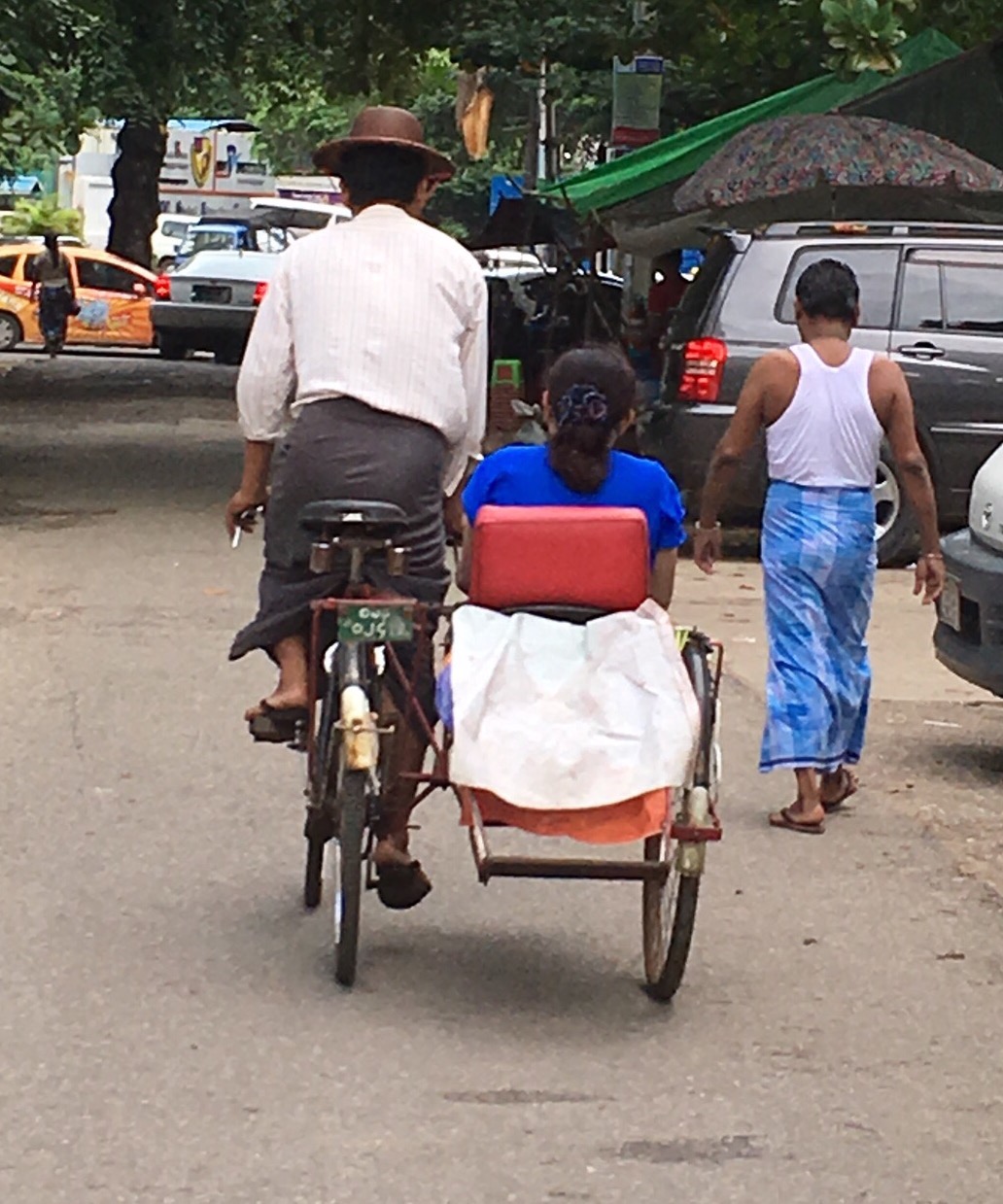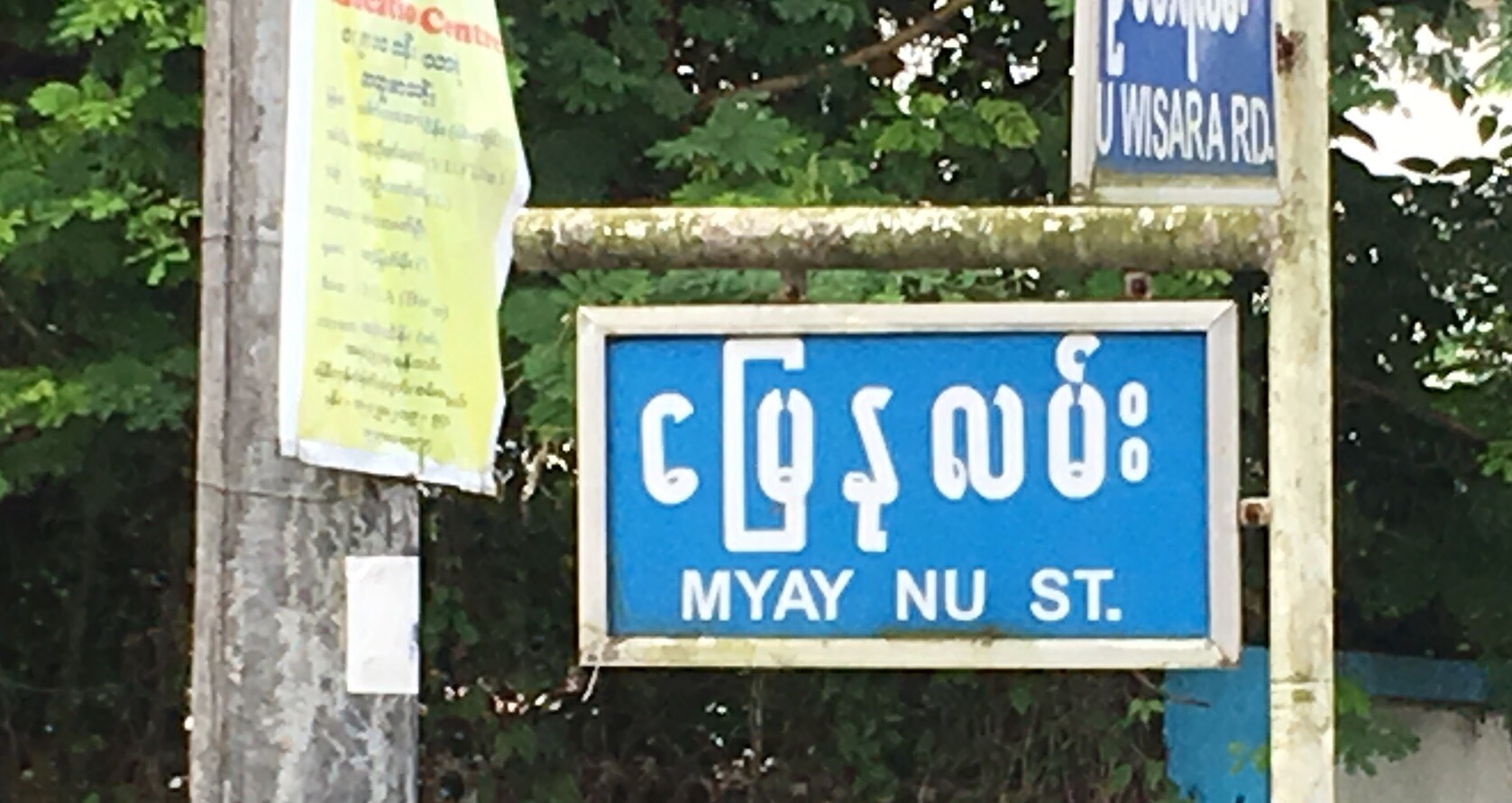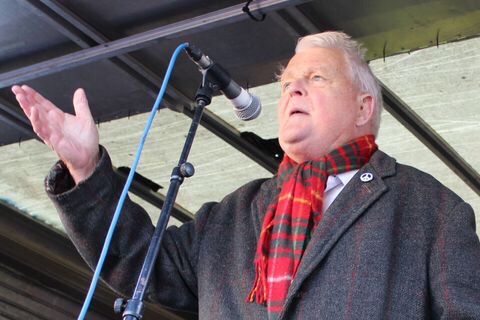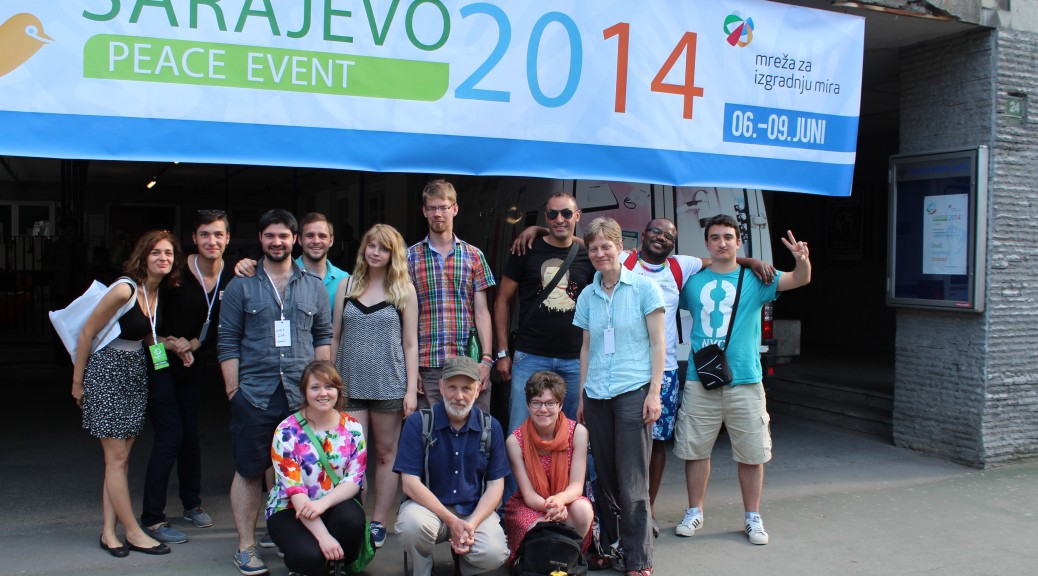If I asked you to tell me about your community, what would you say? If I asked you to tell me what your community thinks about the conflicts that it is involved in (this is not the same as violence, every community has differences and conflicts!), how would you explain it? Would you choose stories, tell me about events you do together, or symbols that unite you? Would it be easier to explain the conflicts between the generations, that the community has with ‘outsiders’, or link it to the past?
In peace and conflict studies we don’t have a set methodology for finding out the intricate differences of lived experience in communities and how that might be important to our understanding of conflict and peace, and we have often relied on social science methods of interviews or data that has already been categorised into aspects we want to know about. In this research we are drawing on other disciplines to see if we can find a way of listening with curiosity and are not restricting our understanding because of preconceptions that we have.
We are drawing on ethnography, and particularly the way of observing and noting everything that people say, wear or do, as potentially important in understanding. We are drawing on community engagement work where evidence suggests that there is power in the process of communities stating and sharing their visions and perceptions, so by asking and listening we already change some of that relationship. We are drawing on cultural studies and the way in which it frames the importance of lived experience and the embedded nature of culture. We are drawing on feminist approaches to understanding power.
Some work has been done, for example John Paul Lederach’s work in Nepal where the close working with communities revealed environmental conflicts that had been hidden, or in his book ‘When Blood and Bones Cry out’ where social healing is explored through stories. Adam Curle’s work also from peace studies is focused on the building of relationships. Historian Mandy Sadan has been collecting stories in Myanmar, with a different focus, and has put collections of photographs and stories online.
I have done desk research, and I think there is so much we can learn from Myanmar about the power in our own communities and the importance of enquiring about the conflicts within and between us, and more consciousness about the way we give our culture meaning.




